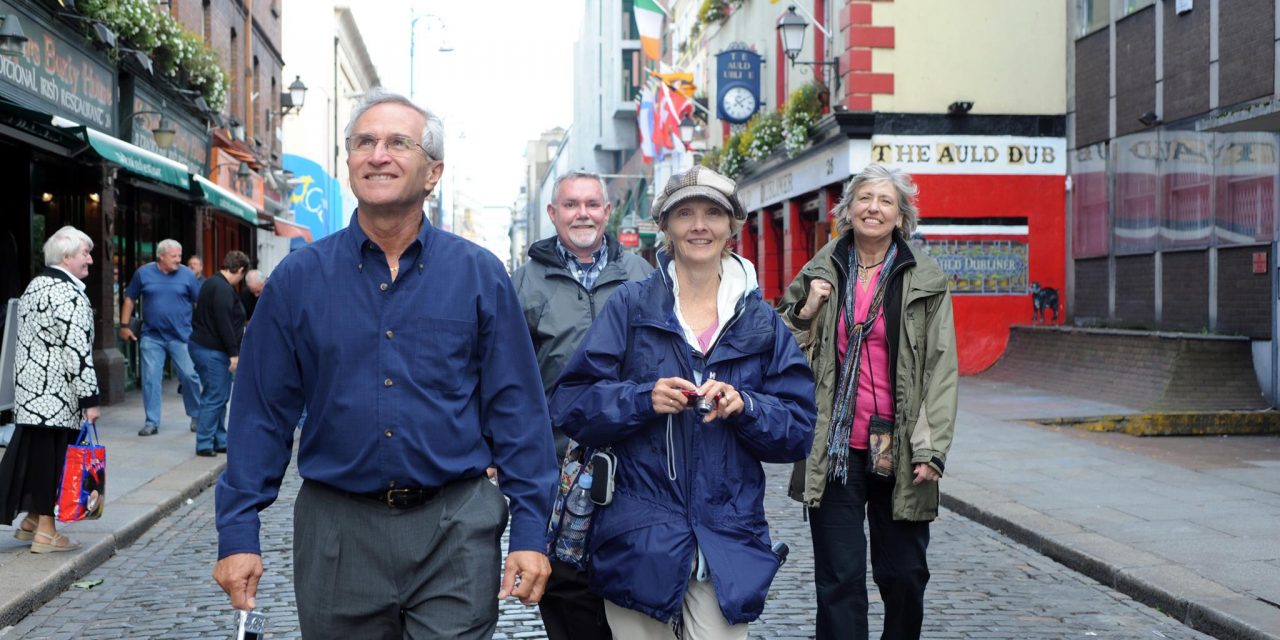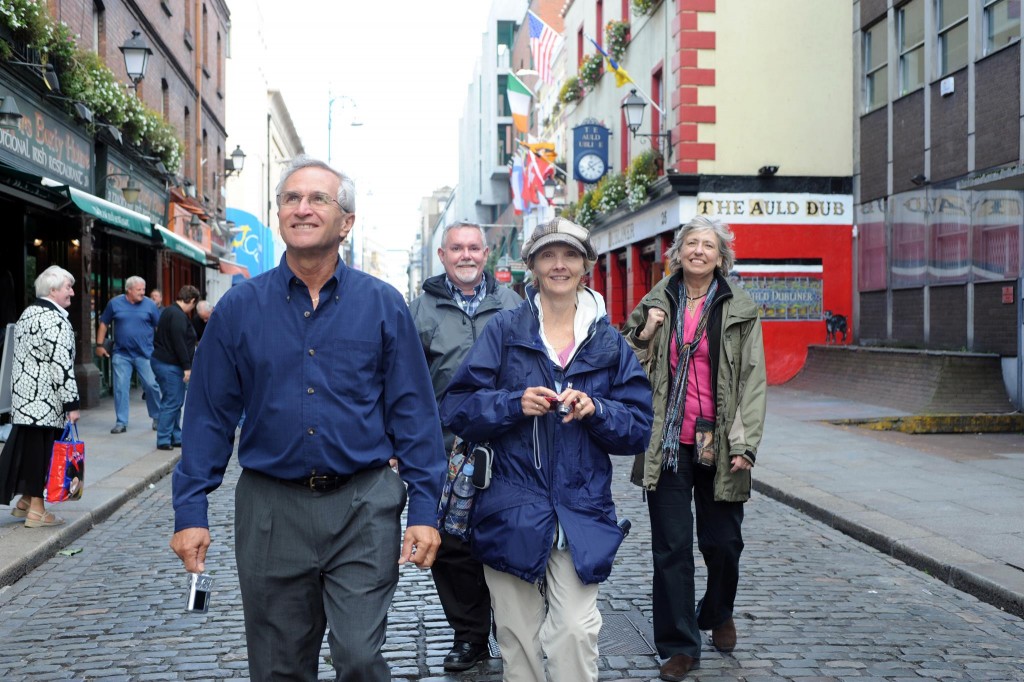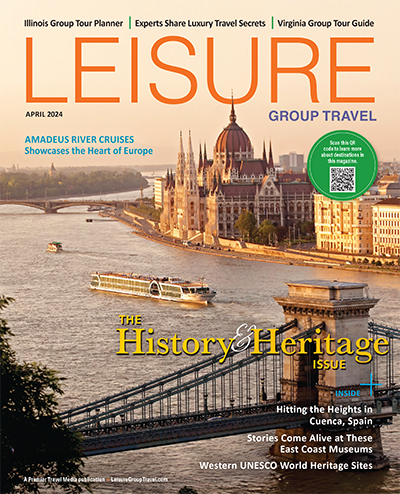Leisure Group Travel suggests ways that tour planners can make their trips more senior citizen friendly.
Unless you are specializing in tours for young people, you’ve most likely found that a certain percentage of your trip membership automatically consists of senior travelers. Or perhaps you are specializing in trips for the senior market. Either way, you need to be aware of special needs for seniors, or as they so delicately say in Spanish “La Tercera Edad” – that third age following youth and middle age.
If you’re in that “Third Age” yourself or if you have had seniors as part of the fabric of your many tours, then perhaps you already have a feel for the special needs you need to be aware of in your trip planning. But let’s just review a handful of them to be sure your trips are truly “senior-friendly.”
Have Emergency Contact Information Handy
First of all, before your group ever leaves home, you should have in your possession certain details on each of your senior travelers. These details should include emergency contact, name of doctor and his/her phone number, medication list, and any information you might suddenly have to convey to an ER admitting team as to the tour member’s health. For example, I would be able to quickly advise medical personnel that my husband wears a pacemaker and is taking the blood-thinner Coumadin.
Pace Your Trip Accordingly
Secondly, is the pacing of your trip appropriate for your clientele? Many senior travelers can out-walk the rest of us, but a great many need a slower pace with rest stops along the way. And some folks simply can’t handle the endless marble staircases of the world’s great museums, even slowly. Even if the museum management assures you there’s an elevator, maybe only four people can possibly squeeze into it at one time. If there is an elevator, ask the local guide you’ve hired to take everyone to the top floor by elevator and then work your way down one floor at a time.
Maintaining Tour Schedules
Many seniors who don’t travel frequently are accustomed to a certain schedule at home and may find it difficult when they are suddenly asked to deviate. They want time after breakfast to go back to their room and use the bathroom. They are not used to lunch at two or dinner at nine. Maybe you need to alert them what to expect and arrange for in-between meal snacks. If you’re going to be staying for a time at a certain hotel (or on a certain riverboat) you might ask the chef if he can accommodate low-salt diets and just let those whose diets can handle salt pass the salt shaker around the table.
Audio Headsets On Tour
I’ve also found that many times we have senior travelers in our group who do not hear as well as we’d like. This often translates into their talking to their seat-mate while the guide is talking or just being “tuned out” when the guide gives certain information or instructions. I find it a godsend when the local guides hand out audio headsets to each tour member so that each person can adjust how loud or soft the guide’s voice comes through. I first encountered this on Viking River Cruises; you’ll find this special service only on the more upscale tours and cruises. I also find it helpful to have someone in the group always bring up the rear to be sure everyone gets across the road and stays with the group.
Plan a Quiet Hour
Then there are those who can’t get through a full day of activities without a little nap somewhere along the way. So you might plan a “quiet hour” on the coach after lunch for a little while, followed by some enjoyable music. Remember, these folks won’t be into Justin Bieber – they’re more likely to relate to Sinatra.
Lastly, be sure to insert FUN into the tour. They don’t just want to see and hear things – they want to ENJOY THEMSELVES. So be sure to take photos and jot down notes to relive at your reunion get-together.








